The Mental and Physical Benefits of Adventure Activity
Engaging in adventure programs provides a unique combination of thrill, challenge, and discovery. These fun adventures not only offer a refreshing break from routine but also provide valuable personal development skills and foster an experiential learning experience. Rooted in the experiential approach to learning, such activities serve as practical avenues for learning life skills that extend far beyond the classroom.
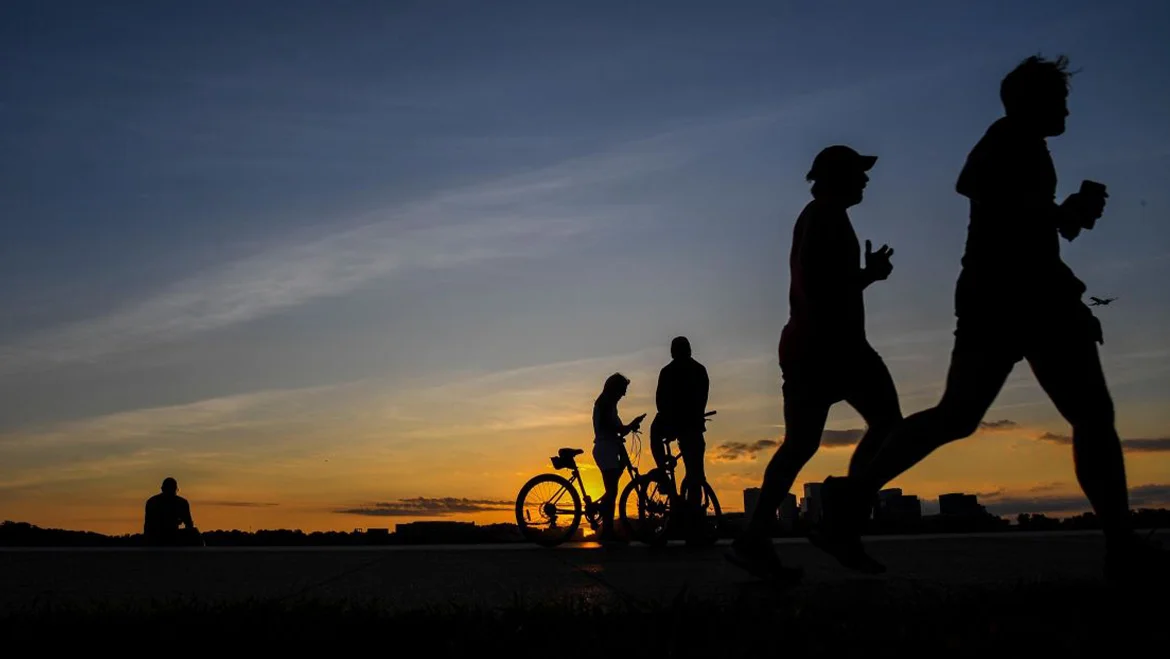
Boosts Physical Fitness
Activities like hiking, rock climbing, kayaking, and outdoor recreation programs demand significant physical exertion. These forms of education outdoors promote cardiovascular health, enhance strength, and improve overall endurance. Navigating through varied terrains—a hallmark of many outdoor adventure programs—also supports balance, flexibility, and coordination. These are not just physical achievements, but also skills to develop in life, making your body more agile and resilient for future challenges.
Enhances Mental Well-Being
Adventure and outdoor studies are excellent ways to enhance mental wellness. The experiential learning theory suggests that hands-on engagement, such as adventure activities, helps with emotional regulation and stress management. As your brain releases endorphins during physical exertion, you enjoy a natural mood boost. Overcoming challenges in these settings develops resilience and builds self-confidence, core components of life skills development and personal life skills. This aligns with the experiential learning process, where personal growth is driven by direct, meaningful experiences.
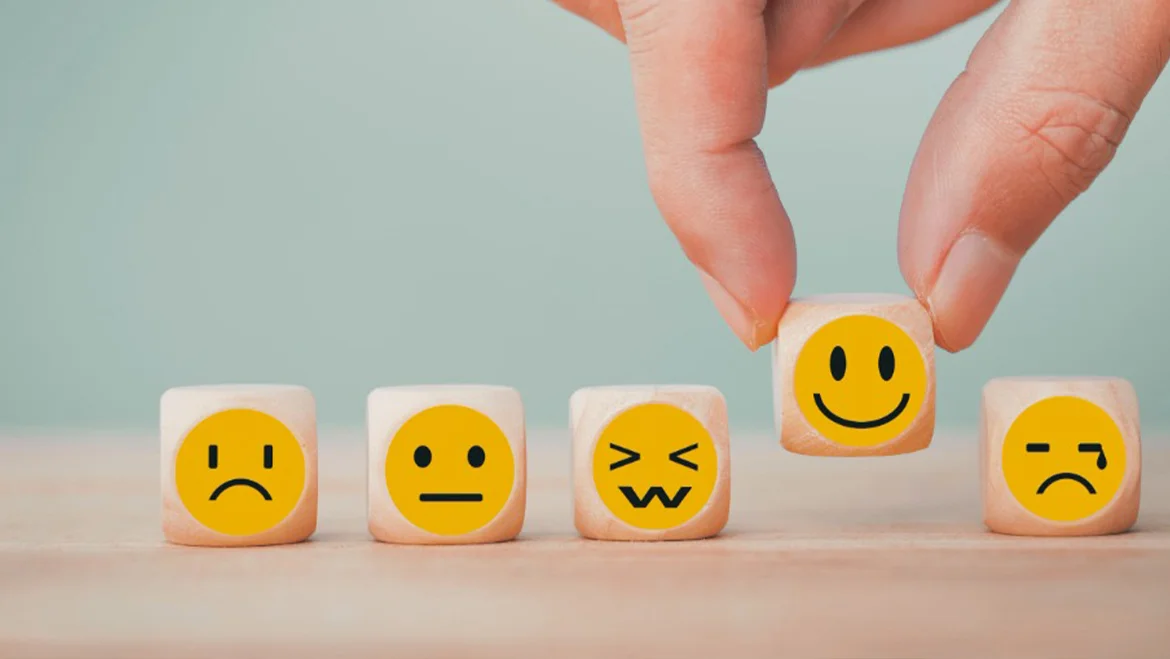
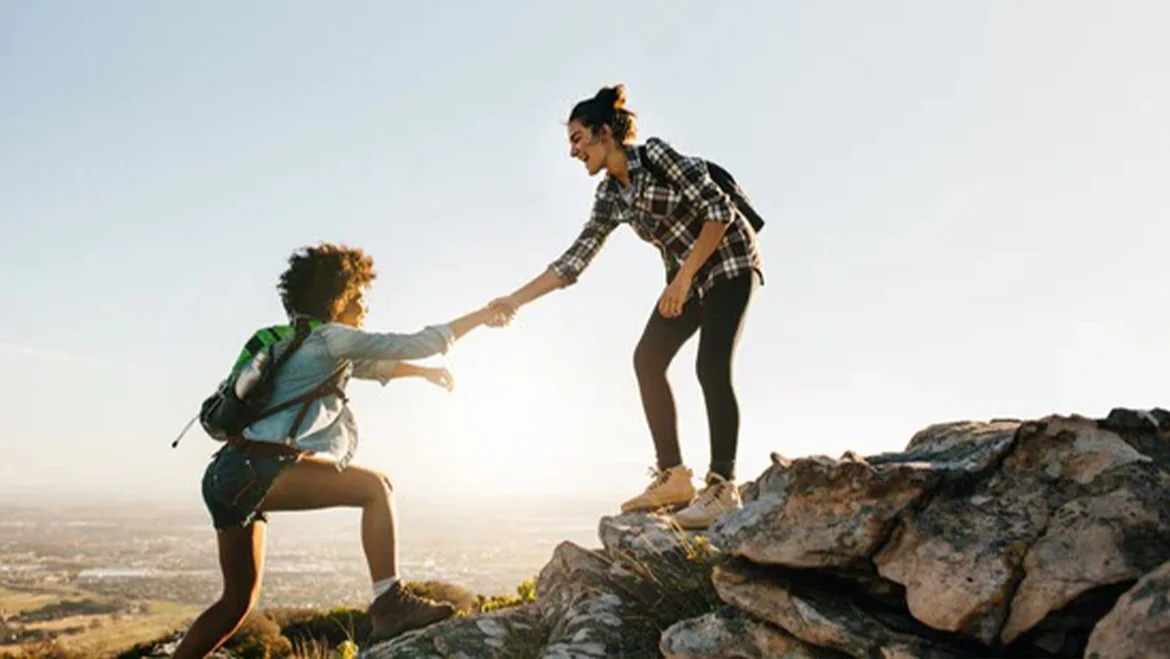
Improves Social Interaction
Many outdoor curriculum activities are group-based and encourage teamwork, cooperation, and lifeskill application in real-world settings. Whether you're relying on a partner to belay you during a climb or collaborating on a hiking trail, these interactions foster trust, empathy, and communication. These are skills for life—ones that contribute to a strong sense of community and emotional well-being. According to the experiential learning methodology, learning is most effective when it includes interaction, reflection, and shared effort.
Promotes a Sense of Achievement
Climbing a mountain, finishing a tough obstacle course, or navigating a camping site as part of an outdoor education curriculum offers a profound sense of accomplishment. These are not only achievements but part of a memorable journey in your personal growth. This success fosters a growth mindset and inspires individuals to push beyond their comfort zones. Such goal-setting and achievement are excellent examples to describe experiential learning and how it contributes to the development of good skills to have in life.
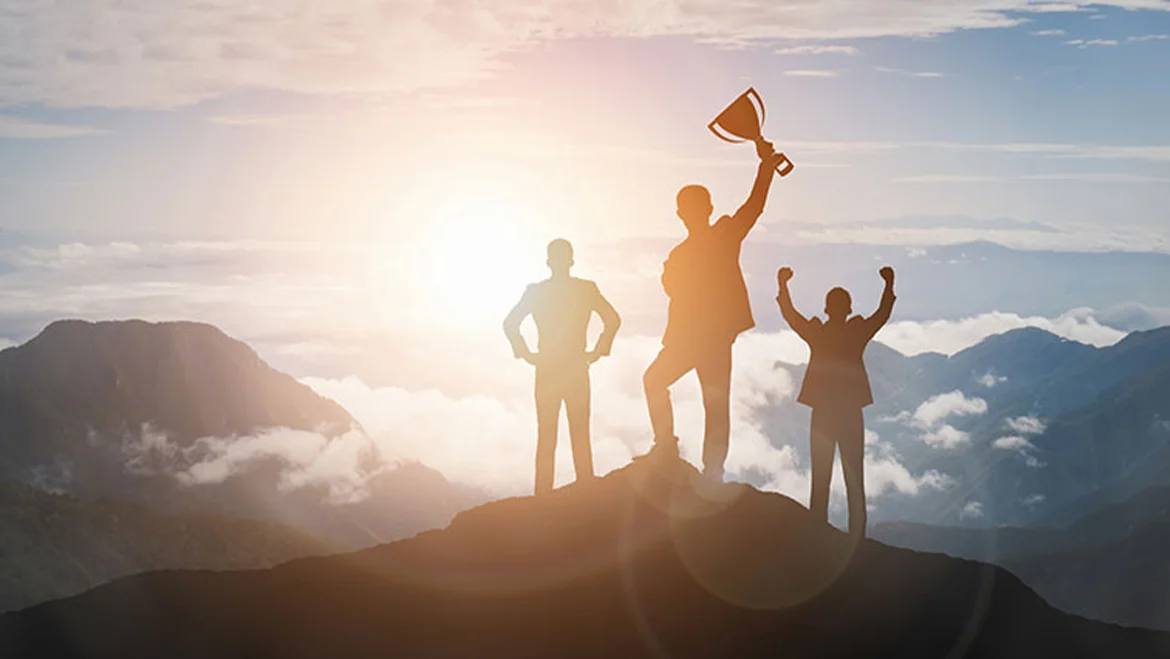
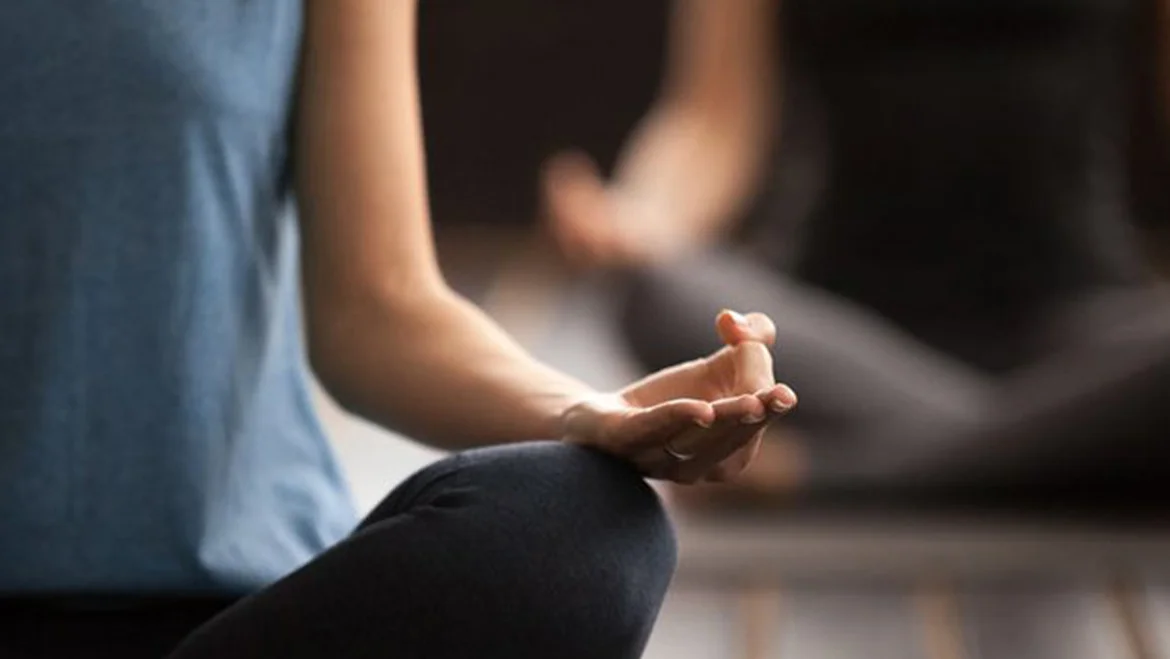
Encourages Mindfulness and Presence
Adventure activities are often immersed in nature, providing a natural gateway to mindfulness. Being present in the moment and aware of your surroundings helps reduce stress and promotes mental clarity. The experiential learning approach highlights this kind of awareness as a powerful educational tool. Through such immersive experiences, learners reconnect with nature and themselves—illustrating the idea that learning is experiential and deeply personal. These moments reinforce some of the most vital life skills to have in today’s fast-paced world.